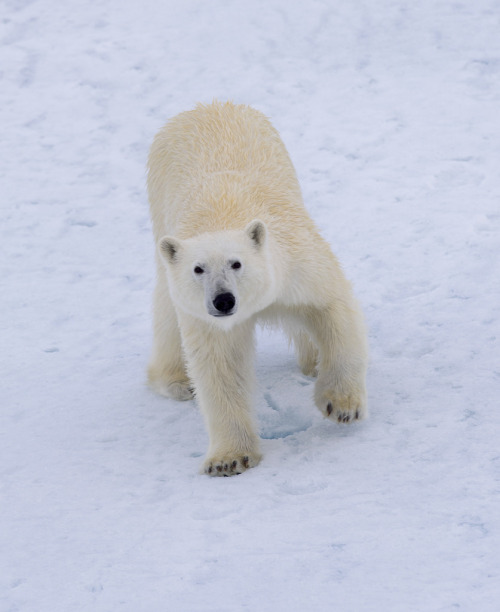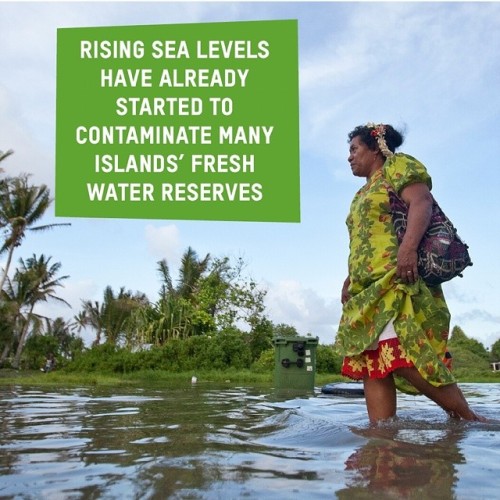ape-environmental-blog
The Goal of APE Environmental is to keep the world aware of environmental changes such as climate change, natural disasters, and environmental cleanliness. with the help of other Organizations we can continue to advocate for an earth friendly lifestyle...
5 posts
Latest Posts by ape-environmental-blog

Let’s put a smile on our Earth’s face and be environmental friendly!

Polar Bears on Thin Ice by Christopher.Michel on Flickr ☛ http://flic.kr/p/weDGzB

The Pacific is at the forefront of global warming and it is already too late for some atolls. Rising sea levels have already started to contaminate fresh water reserves. And, shockingly, just a 1 metre rise in sea levels would wipe out 15 per cent of Pacific islands. #Pacific #climatechange #ClimateVoter #globalwarming #oceans #livelihoods #mitigation #Tuvalu #Polynesia #Micronesia #Melanesia #Oxfam #islands
Sea Level Rise

For thousands of years, sea level has remained relatively stable. But now, Earth’s seas are rising. Since the beginning of the 20th century, they have risen about eight inches, and more than two inches in the last 20 years alone!

As water warms, it expands and takes up more space. That means that when oceans warm, the sea level rises. This summer, we’ve been researching exactly how global warming has impacted Greenland’s ice sheet. Our ICESat-2 mission will use a laser to measure the height of the planet’s surface. Over time, we will be able to provide a record of elevation change, and estimate how much water has melted into the ocean from land ice change.
So how much ice are we actually losing? Great question, but the answer might shock you. In Greenland alone, 303 gigatons of ice was lost in 2014!

Since we know that ice is melting, we’re working to gain a better understanding of how much and how fast. We’re using everything from planes, probes and boats, to satellites and lasers to determine the impact of global warming on the Earth’s ice.

Follow along for updates and information: http://climate.nasa.gov/
We’ve never been on a planet with no Arctic ice, and we will hit the average of 400 ppm… within the next couple of years. At that time, we’ll also see the loss of Arctic ice in the summers… This planet has not experienced an ice-free Arctic for at least the last three million years.
Guy McPherson (via azspot)